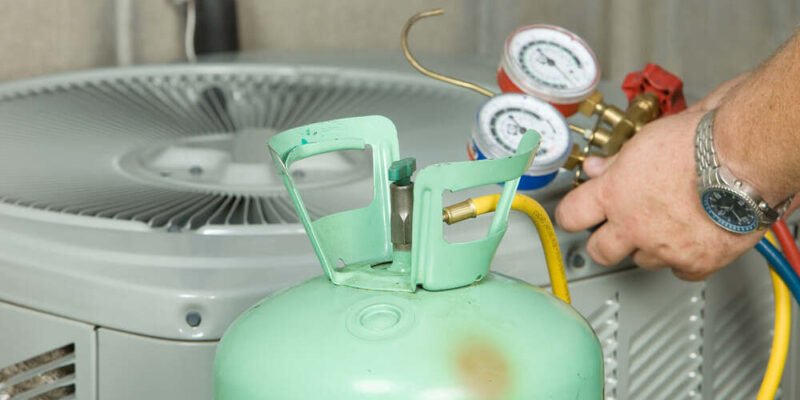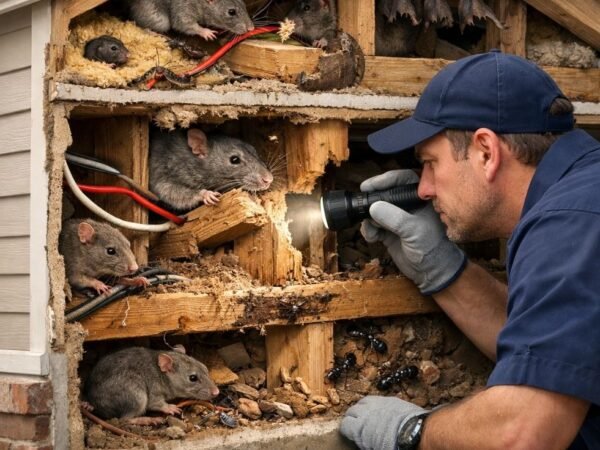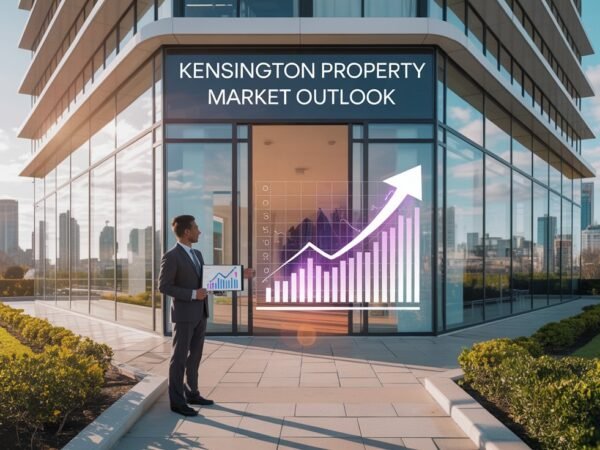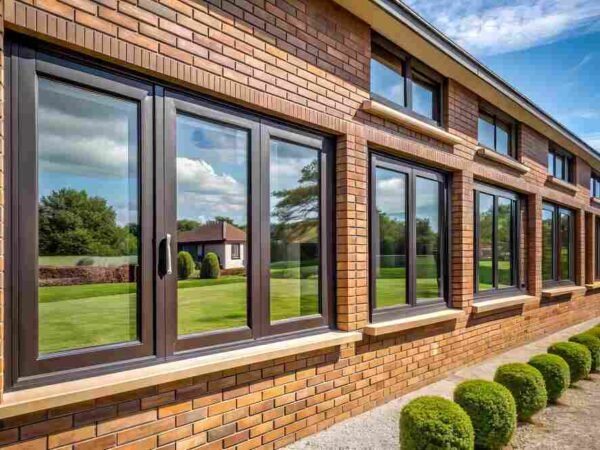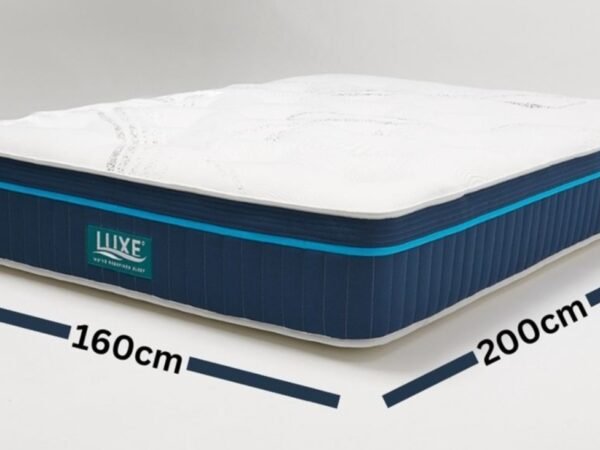The HVAC (heating, ventilation, and air conditioning) industry is undergoing a significant transition, particularly regarding refrigerants. As global efforts intensify to reduce greenhouse gas emissions, many countries, including the United States, are phasing out older refrigerants like R-22, which are harmful to the environment. While necessary for a sustainable future, this shift presents various challenges and opportunities for homeowners and businesses. One critical aspect of this transition is ensuring your heating system is equipped with modern, eco-friendly refrigerants (R-410A and A2L).
This article explores the essential heating repair services you’ll need during this refrigerant transition and how embracing sustainable practices can benefit your home, wallet, and the planet.
Understanding the Refrigerant Transition
Refrigerants are chemicals used in HVAC systems to cool and dehumidify air. Historically, many older refrigerants, like R-22 (commonly known as Freon), were widely used. Still, they have been linked to ozone depletion and global warming. As a result, the EPA has initiated a phasedown of these substances, encouraging the industry to adopt more eco-friendly alternatives, such as R-410A and the newer A2L refrigerants.
Why This Transition Is Necessary
The environmental impact of refrigerants is significant. Older refrigerants like R-22 contain ozone-depleting substances, which contribute to the thinning of the ozone layer. The new, environmentally friendly refrigerants have a much lower global warming potential (GWP), making them a better option for a sustainable future. However, not all HVAC systems are compatible with these newer refrigerants, making repairs, retrofits, and even replacements necessary for many homes and businesses.
Fun Fact: The Montreal Protocol, signed in 1987, is a global agreement to protect the ozone layer by phasing out the production of ozone-depleting substances, including harmful refrigerants.
Essential Heating Repair Services During the Transition
With the refrigerant shift underway, heating repair services are more critical than ever. To keep your HVAC system running efficiently and complying with environmental regulations, you may need to make some changes or invest in routine maintenance. Let’s look at some critical services that can help during this transition.
Retrofitting Older Systems
Many older heating systems were designed to use R-22 refrigerant, which is no longer being produced. If your system falls into this category, you may need to retrofit it to be compatible with newer refrigerants like R-410A or an A2L refrigerant. Retrofitting typically involves replacing critical components of your system to ensure that it can handle the higher pressure and different chemical compositions of modern refrigerants.
Why It’s Important: A system that is not adequately retrofitted can suffer from reduced efficiency, higher energy bills, and increased risk of breakdowns.
Refrigerant Leak Detection and Repair
One of the most common issues with older HVAC systems is refrigerant leaks. Even with newer refrigerants, leaks can still occur, leading to decreased efficiency and higher energy costs. Regularly checking for refrigerant leaks and repairing them promptly is essential to keep your system running smoothly and to minimize environmental impact.
Fun Fact: A refrigerant leak the size of a pinhole can cause a 10% efficiency loss in your system!
Regular Maintenance and Tune-Ups
Routine maintenance is essential but becomes even more critical during this refrigerant transition. Heating repair services that include cleaning, inspecting, and fine-tuning your system can help identify potential issues early, ensuring it remains compatible with new refrigerants and operates efficiently, as emphasized in their comprehensive HVAC solutions.
Full System Replacements
In some cases, more than retrofitting may be needed to prepare your HVAC system for the refrigerant transition. Older units incompatible with eco-friendly refrigerants or have significant wear and tear may need to be replaced entirely. Investing in a new, energy-efficient system ensures compatibility with sustainable refrigerants, lowering energy bills and improving comfort.
Bonus Tip: Many energy-efficient heating systems qualify for tax incentives or rebates, helping offset the replacement cost.
Upgrading Insulation and Sealing Air Leaks
While this service is not directly related to refrigerants, upgrading insulation and sealing air leaks can significantly improve your heating system’s efficiency. A more energy-efficient home reduces the load on your HVAC system, meaning it uses less refrigerant and energy to maintain a comfortable temperature.
The Financial and Environmental Benefits of Transitioning
Switching to a heating system that uses eco-friendly refrigerants benefits the planet. It can save you money in the long run. Many newer refrigerants are more efficient, meaning your HVAC system won’t have to work as hard to maintain a comfortable indoor temperature. This can lower energy bills and reduce the likelihood of costly repairs.
Cost Savings Over Time
While retrofitting or replacing an HVAC system can seem expensive upfront, the long-term savings are significant. Modern systems that use eco-friendly refrigerants are more energy-efficient, and their components are often more durable, meaning fewer repairs and replacements are needed over time.
Fun Fact: The Department of Energy estimates that upgrading to an energy-efficient HVAC system can save homeowners up to 30% on heating and cooling costs annually.
Fun Facts About Sustainable Heating
- Geo-Exchange Systems: Did you know that geothermal heating and cooling systems use the Earth’s natural heat to regulate temperature? These highly efficient systems can reduce energy use by up to 60%.
- Energy Star Certified: HVAC systems earning the Energy Star label are up to 15% more efficient than non-certified models, offering environmental and financial benefits.
- Heat Pumps for All Seasons: Heat pumps, which transfer heat between the inside and outside of your home, can heat and cool your space, making them a versatile and energy-efficient option.
Embracing a Sustainable Future
The refrigerant transition is a necessary step toward a more sustainable future. Upgrading your heating system, investing in regular maintenance, and retrofitting older units can reduce your environmental footprint while enjoying improved energy efficiency and lower utility bills.
Working with knowledgeable heating repair services ensures your HVAC system is prepared for the future. This helps you comply with environmental regulations and contribute to a cleaner, greener planet.
As the HVAC industry moves toward more sustainable practices, homeowners and businesses must adapt their heating systems to comply with new refrigerant regulations. Whether retrofitting an older system, investing in regular maintenance, or considering a complete replacement, working with experienced heating repair professionals can make this transition smooth and stress-free.
By embracing eco-friendly refrigerants and energy-efficient systems, you’re not just protecting your comfort but investing in a sustainable future for generations.


